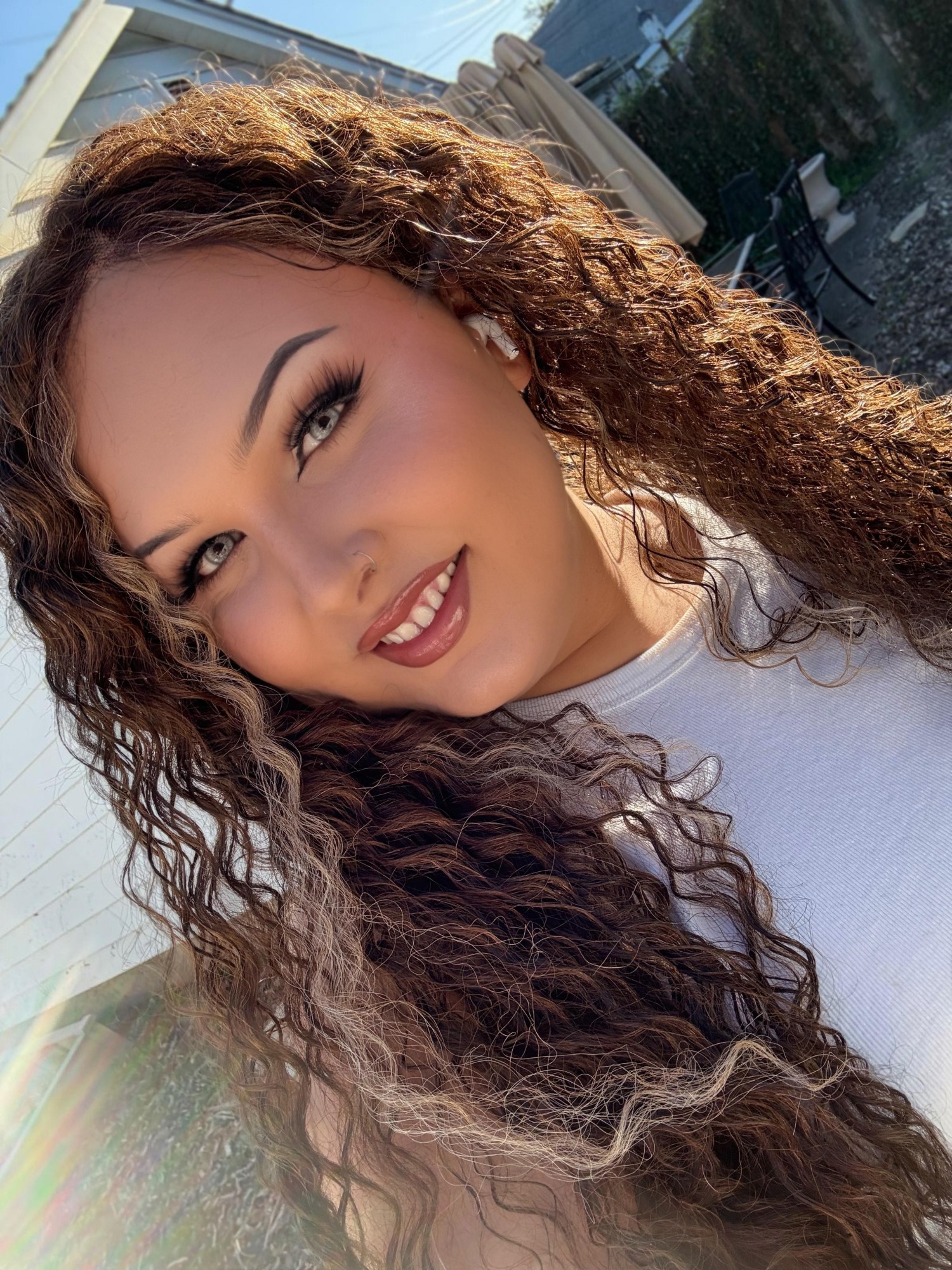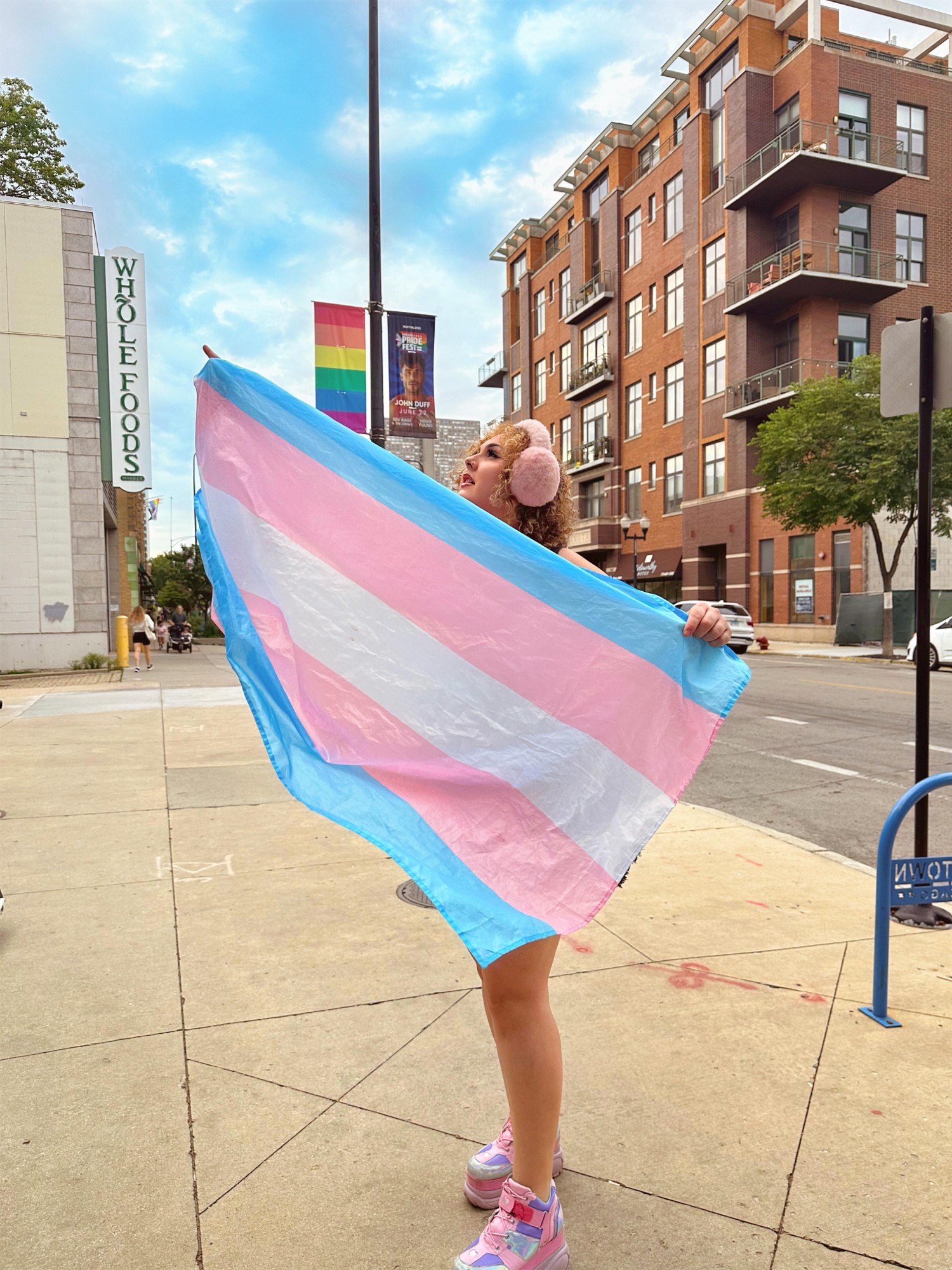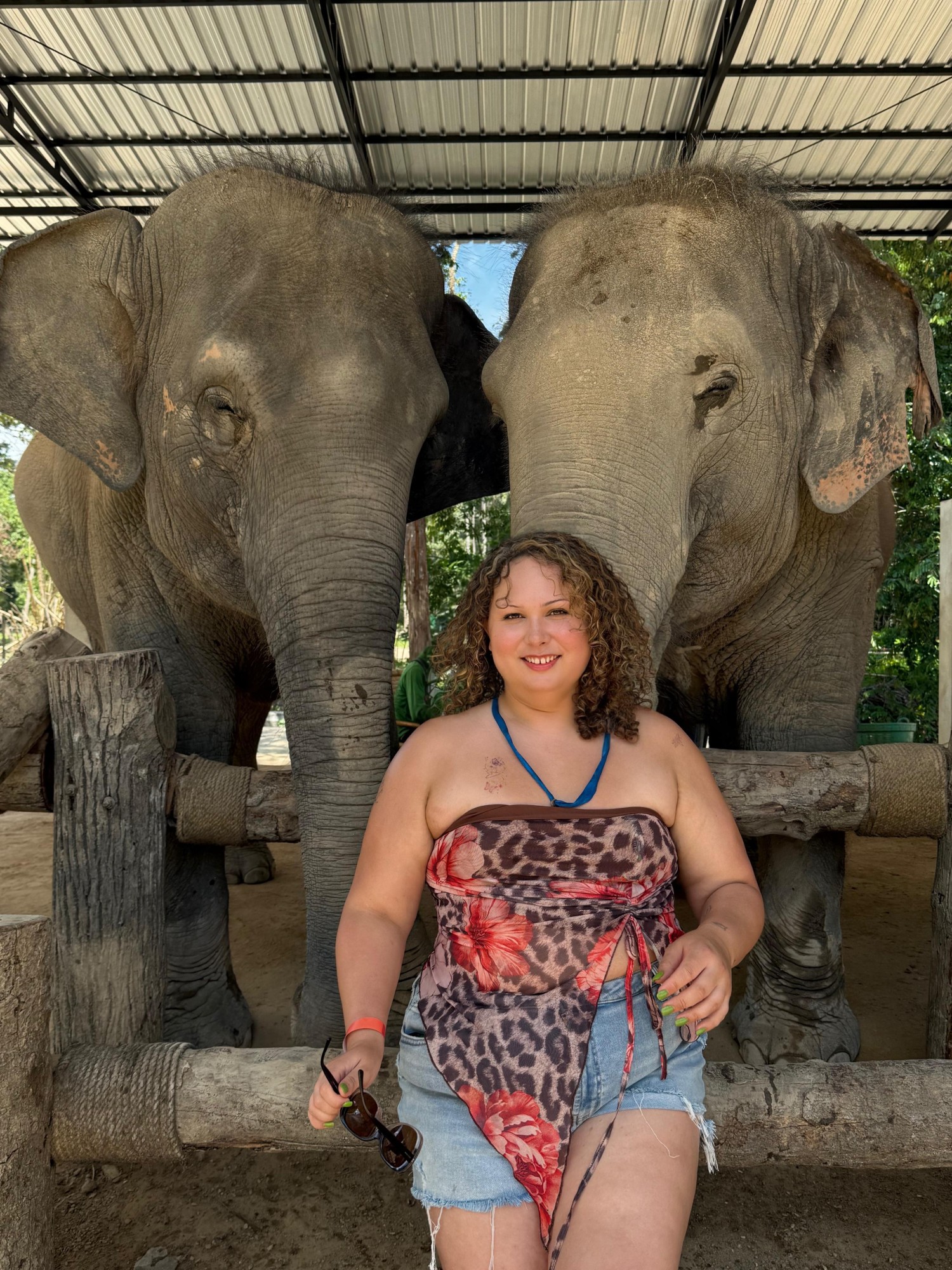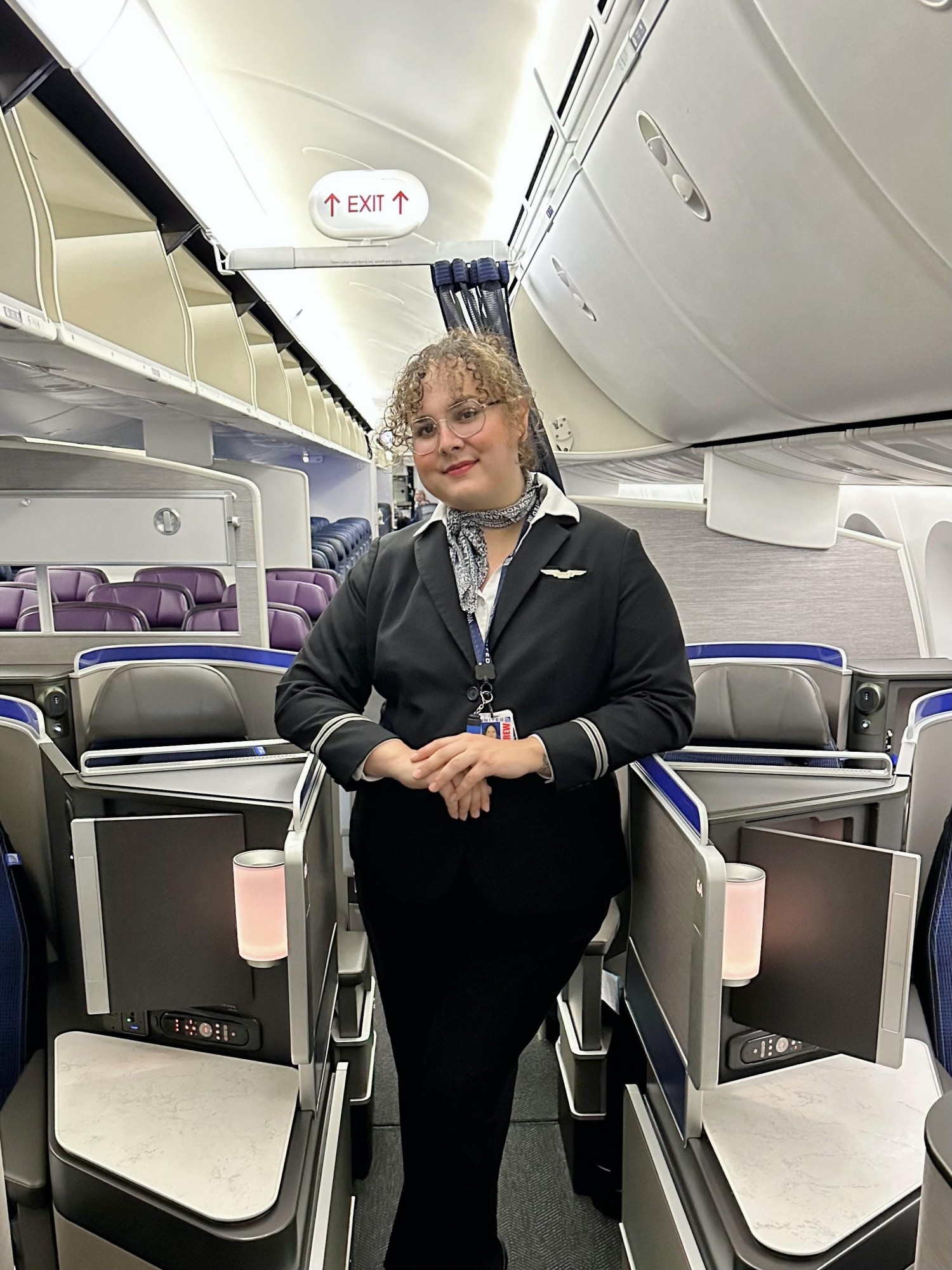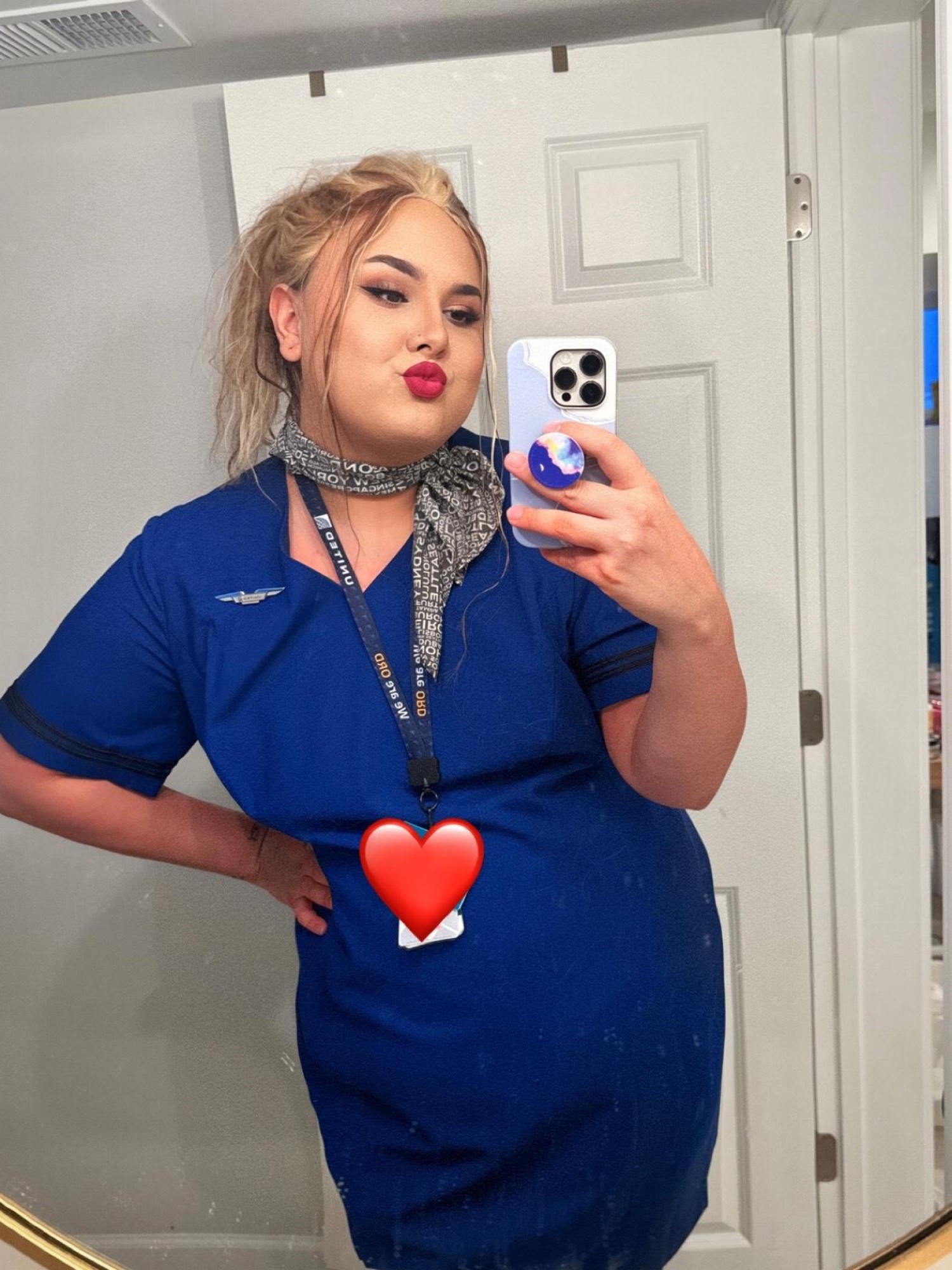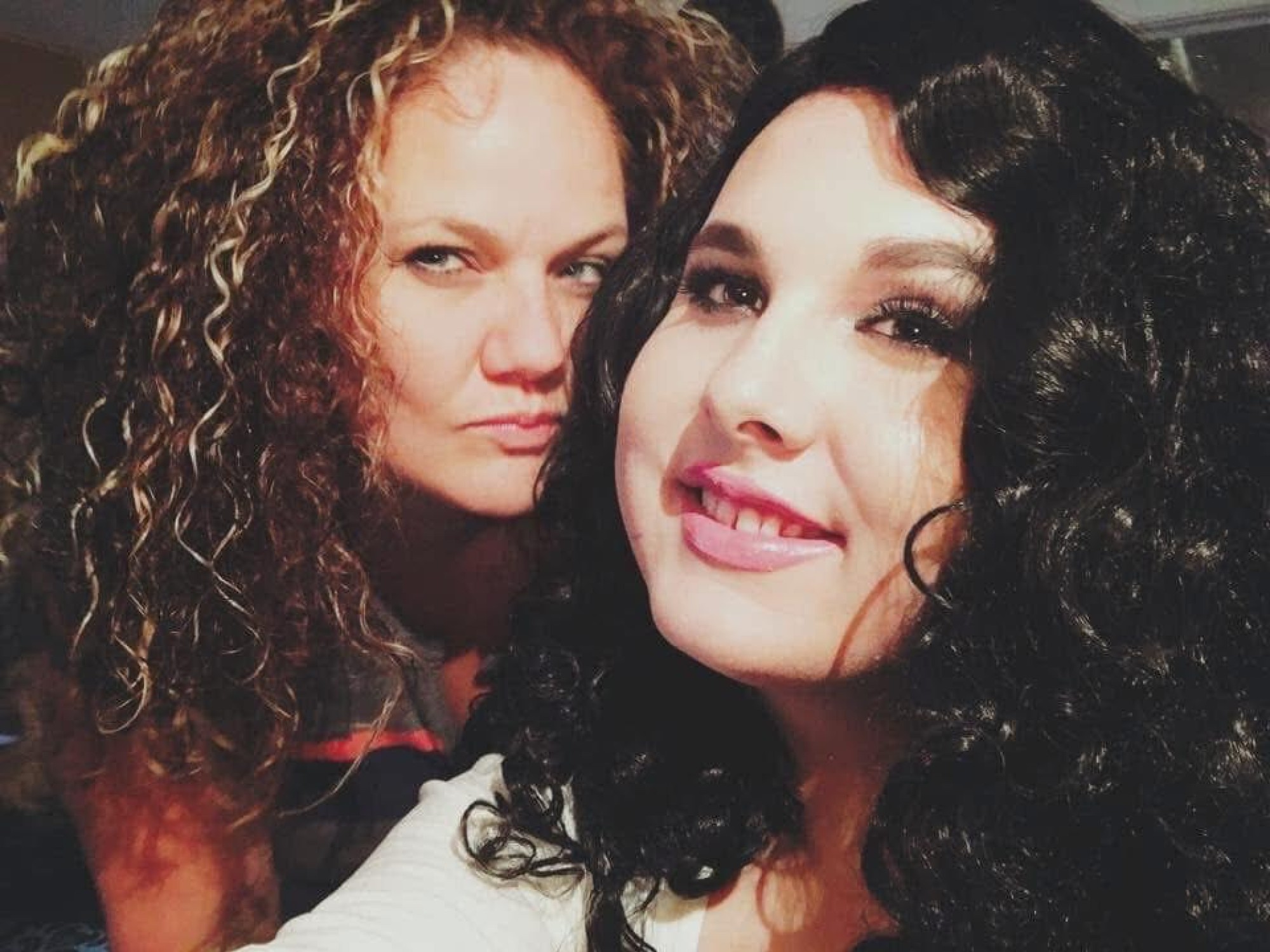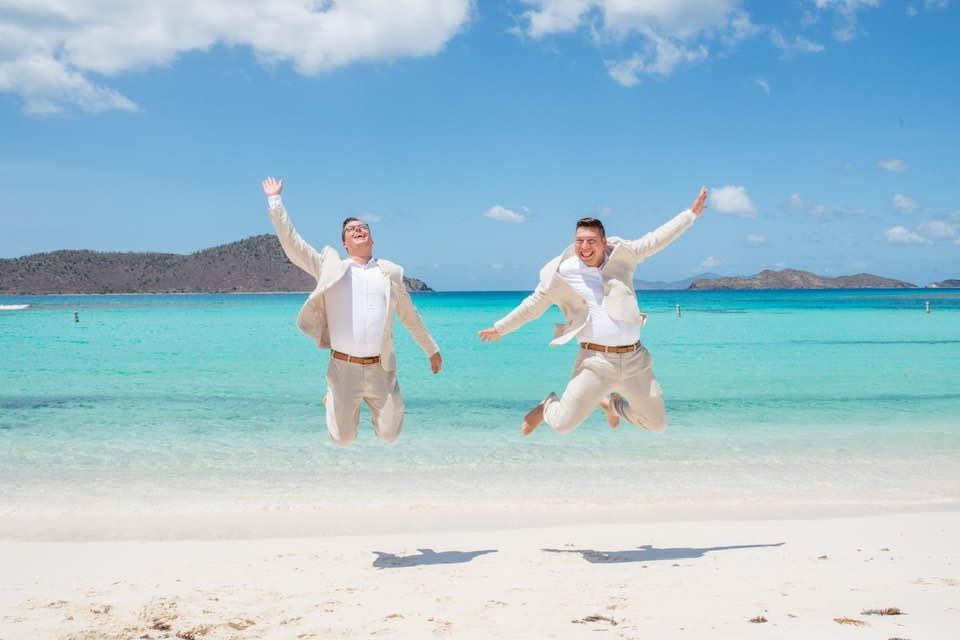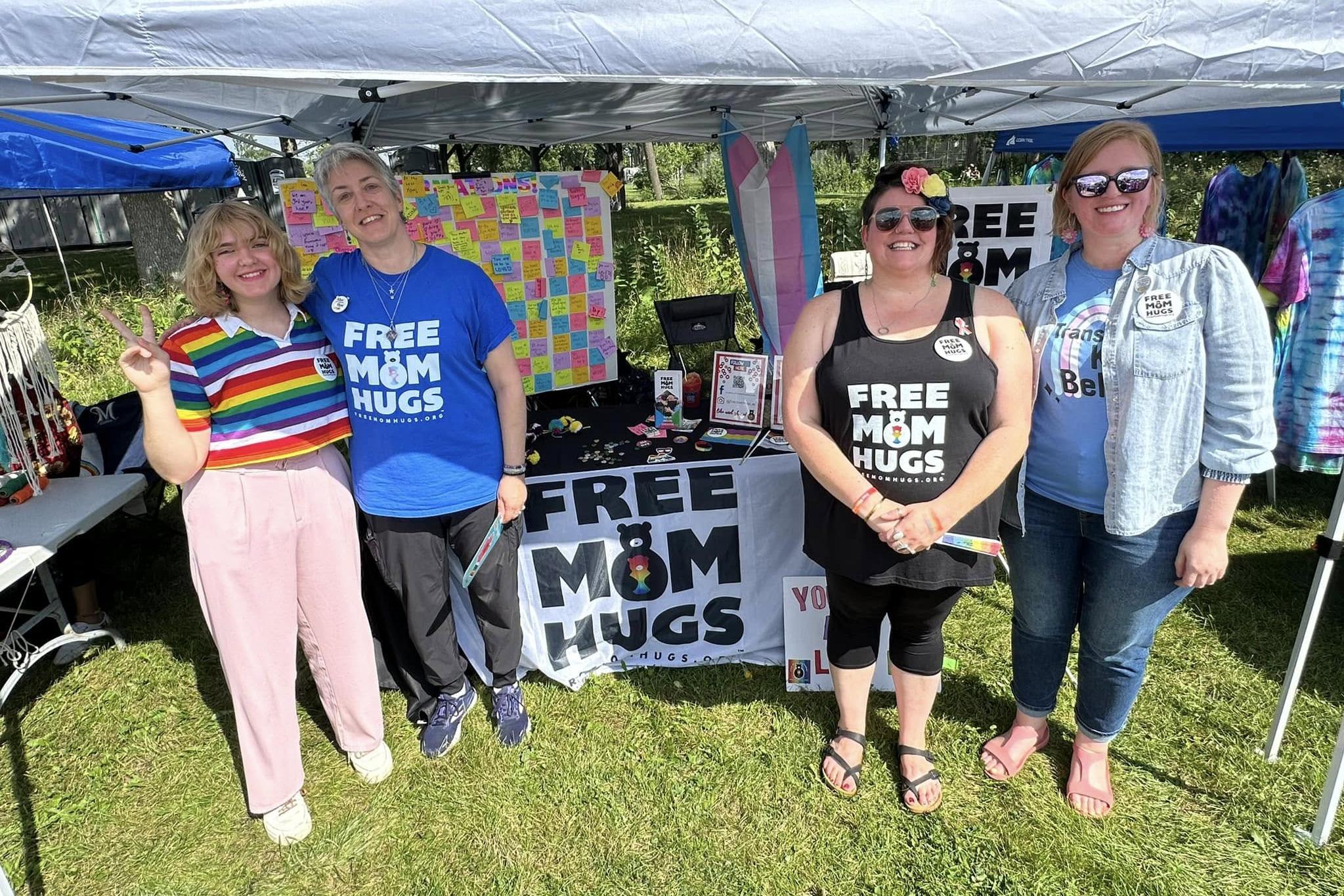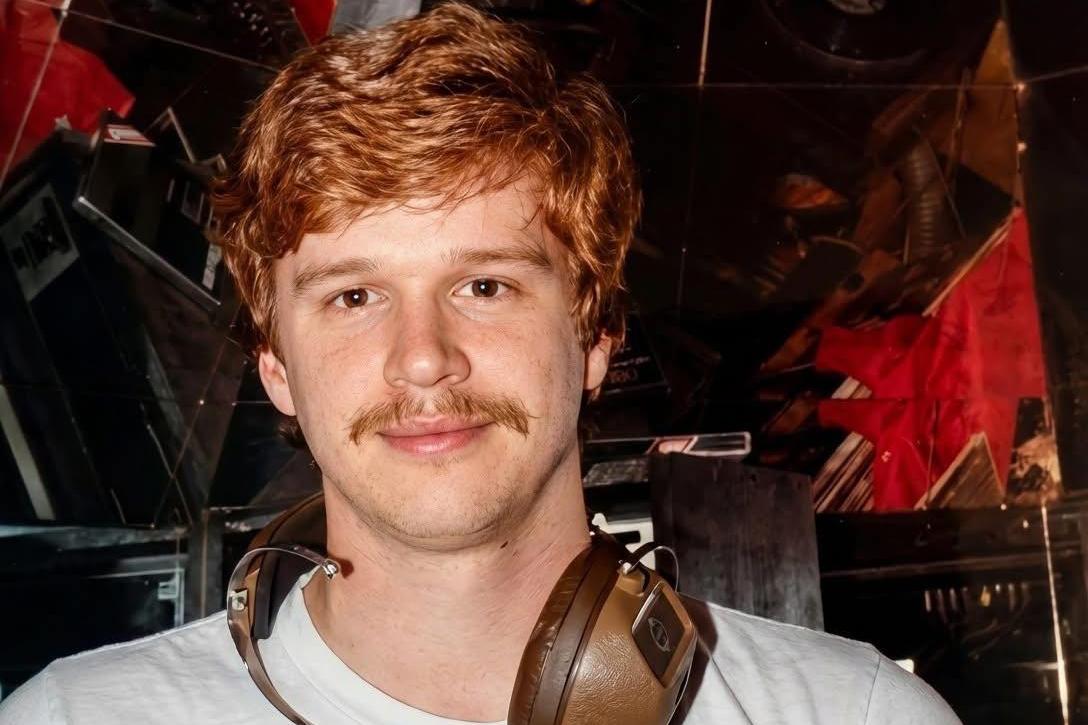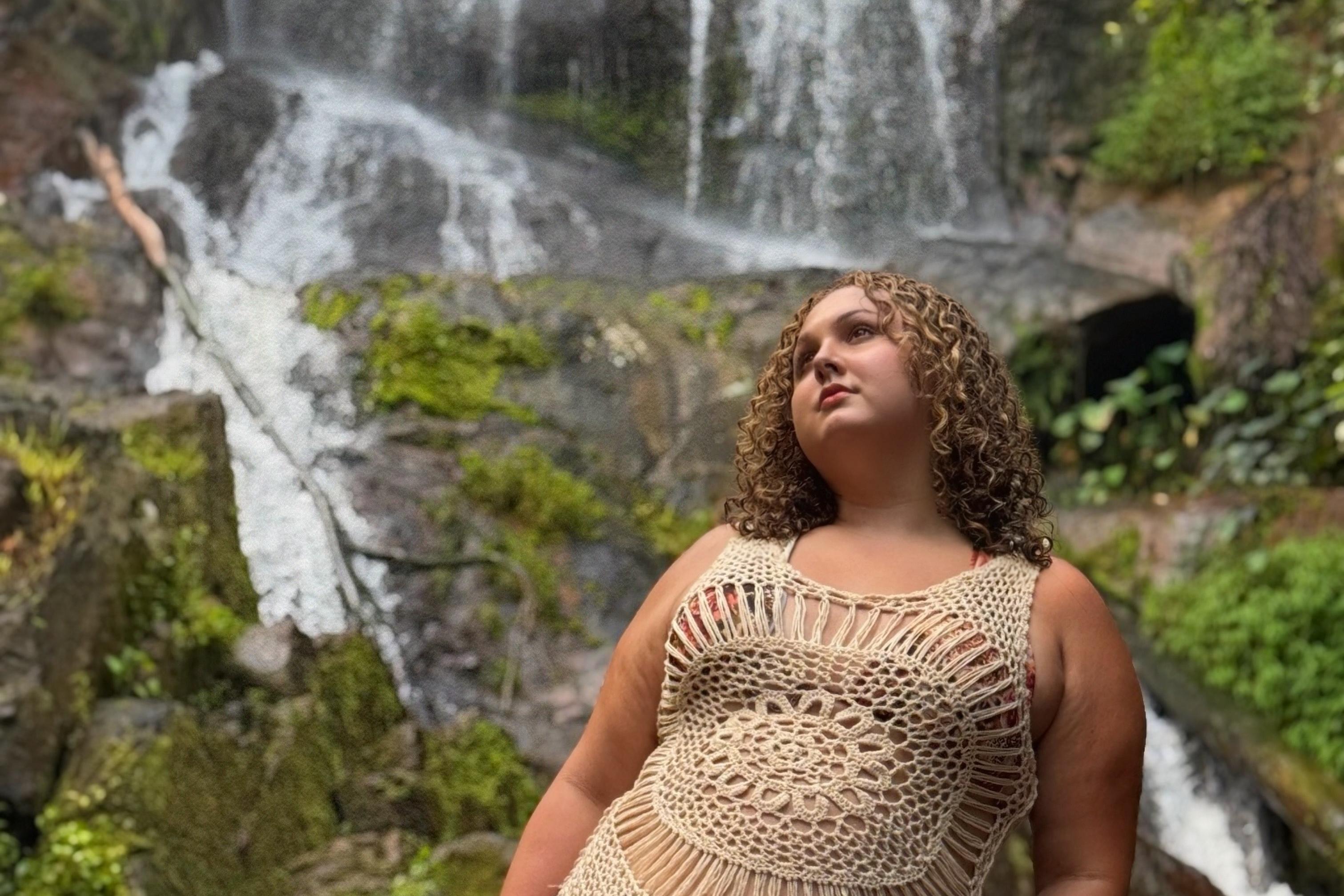
Chasity Jesko: finding her wings in the world

"You need to shine brightly in your world -- because the world needs to see you."
For Chasity Jesko, the world was once defined by the quiet highways of Shawano, Wisconsin, and the binding roots of the nearby Menominee reservation in Keshena. It was a place of family and history, but also a landscape of silence where certain truths about herself could not yet take flight.
Today, the world is a different kind of map.
One month she is in Rio de Janeiro, Brazil, feeling the humid air and the pulse of a new city. The next, she’s navigating the ancient beauty of Spain, or planning a trip to Tokyo just to see Lady Gaga. As a flight attendant for a major mainline carrier, Chasity’s office is the sky, and her identity is a vibrant tapestry woven from her Menominee heritage, the sacred role of her Two-Spirit identity, and a ferocious, resilient desire to see and be seen.
Her journey from a queer child stealing her mother’s makeup to a global traveler—a journey that took courage, resilience, and a deep-seated spiritual understanding—is a powerful testament to finding your own destiny, even when the history you need to guide you has been deliberately erased.
“Two Spirits were among the first targets of the colonizers, because they held so much influence and power among their people. There were extreme efforts to silence and erase the Two Spirit people. As a result, I knew nothing of Two Spirit identity until I was in my 20s.”
It was only six or seven years ago that Chasity even heard the language.
“I didn't know what Two-Spirit was because, to be honest with you, up in Keshena, people don't really talk about that,” she admits. “It’s not taught to us, it’s not discussed in our families, and it’s not part of tribal government. You really have to search for this.”
It wasn’t until she connected with other Indigenous queer individuals, particularly a man named Rico, who was an advocate for Two Spirit history, that the fog lifted.
“He taught me a lot. I would have never known what Two Spirit was if it wasn't for him,” she says, also noting a connection she made much later in Thailand with another Two Spirit person from Vancouver, whom she recognized instantly by their shared reservation slang.
She also developed a close friendship with Patrick Firgens, who supported her through her self-discovery.
“As I learned more, and met more Two Spirit people, I realized I needed to speak out more about the erasure of this tribal identity,” said Chasity.
She is passionate about sharing an enormous truth: homophobia and transphobia are not Indigenous beliefs; they were imported through colonization.
“This needs to be shared: before Contact, sexual and gender diversity were not a source of embarrassment for Indigenous people,” she said. “Two Spirit people were revered as extraordinary beings for their ability to transcend these human limitations.”
She recounts the brutal harassment she endured as a younger person—being called slurs, having a man aggressively pull her wig at a party—and contrasts it with the contemporary disrespect she sees online, where comments about a murdered trans person's gender identity eclipse any sense of humanity or grief.
“This person just got brutally murdered… and their whole life was taken from them, and you’re more concerned about having to appropriate their gender? That’s your problem?” she said. “People forget they’re human beings. These people have families and they’re watching these comments. That’s heartbreaking.”
This lived experience is precisely what drives her current role as an unofficial mentor and safe place for younger queer and Two-Spirit individuals.
“I always embrace youth and make them feel beautiful,” she said. “I tell them that they’re worth it, because I didn’t always get that from the world when I needed it. I want them to know that I am a safe place where they will not be judged for who they are.”
She speaks directly to the version of herself that existed years ago, shy and experimenting with stolen makeup, yearning for a community that she had no idea how to find or connect with.
“If there’s another Chasity out there, I want them to know that, despite what the world may think of them, the world needs to see you. You need to shine brightly in your world. Be a good person, be loving, treat people with kindness. I think that’s my biggest message, honestly, because I think we need more of that right now.”
Chasity Jesko has seen the world, and in doing so, she has found the courage and the kindness to ensure the world now sees her. From the reservation to the runways of the world, her story is an airborne message: be strong, be resilient, and know that no one can ever take your power away.
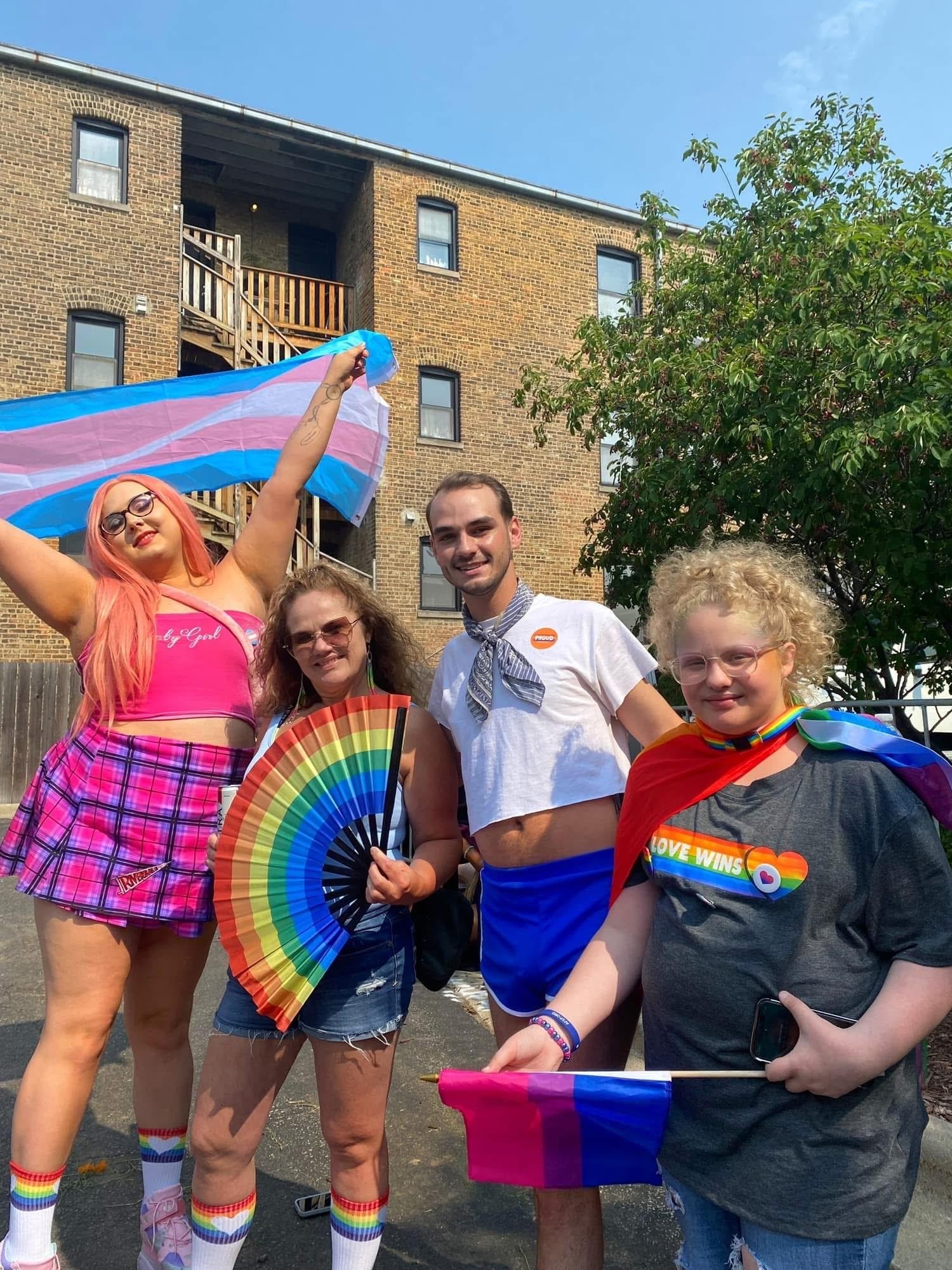 Chasity and friends
Chasity and friends
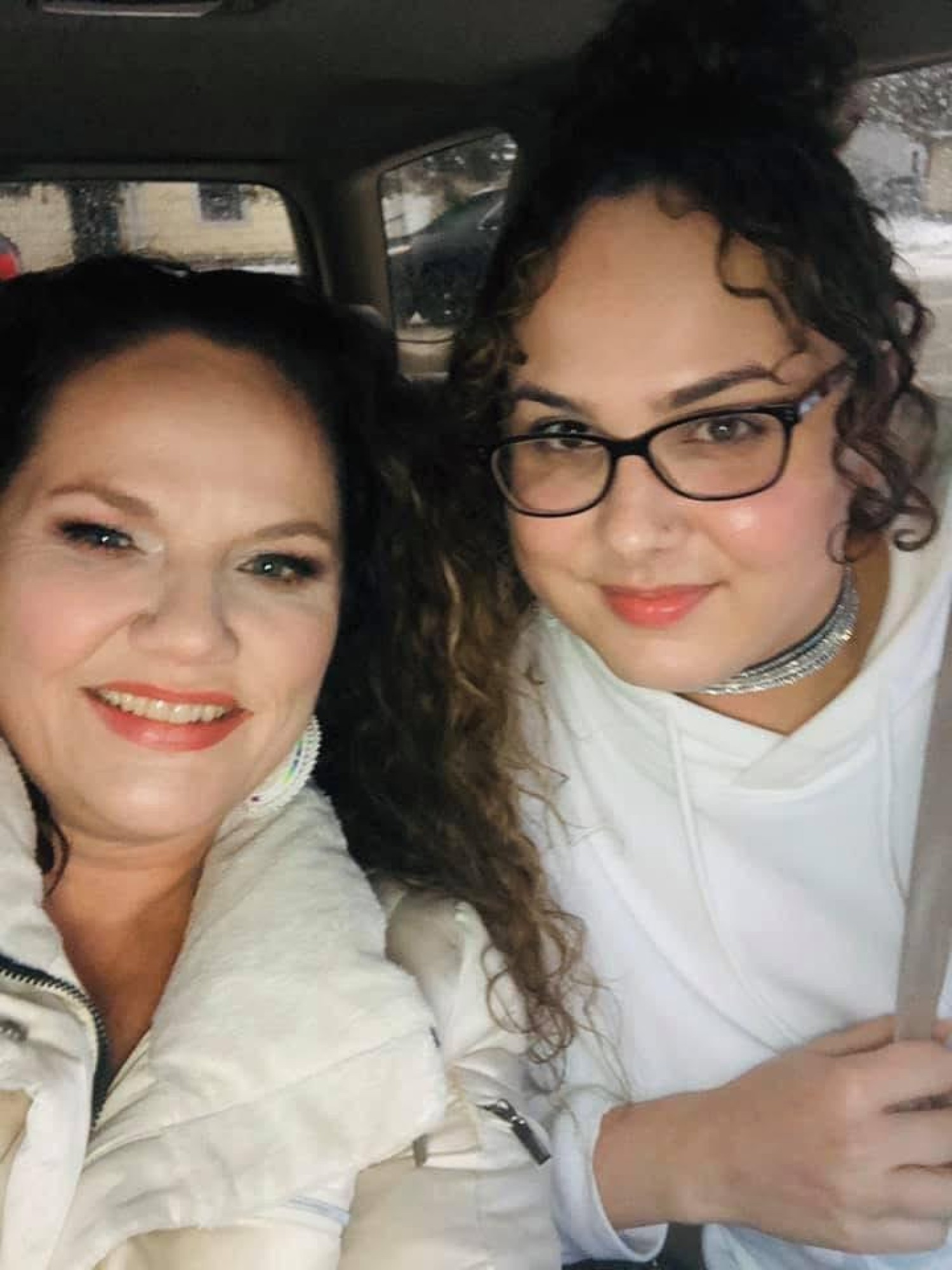 Chasity and her mother Sandra
Chasity and her mother Sandra
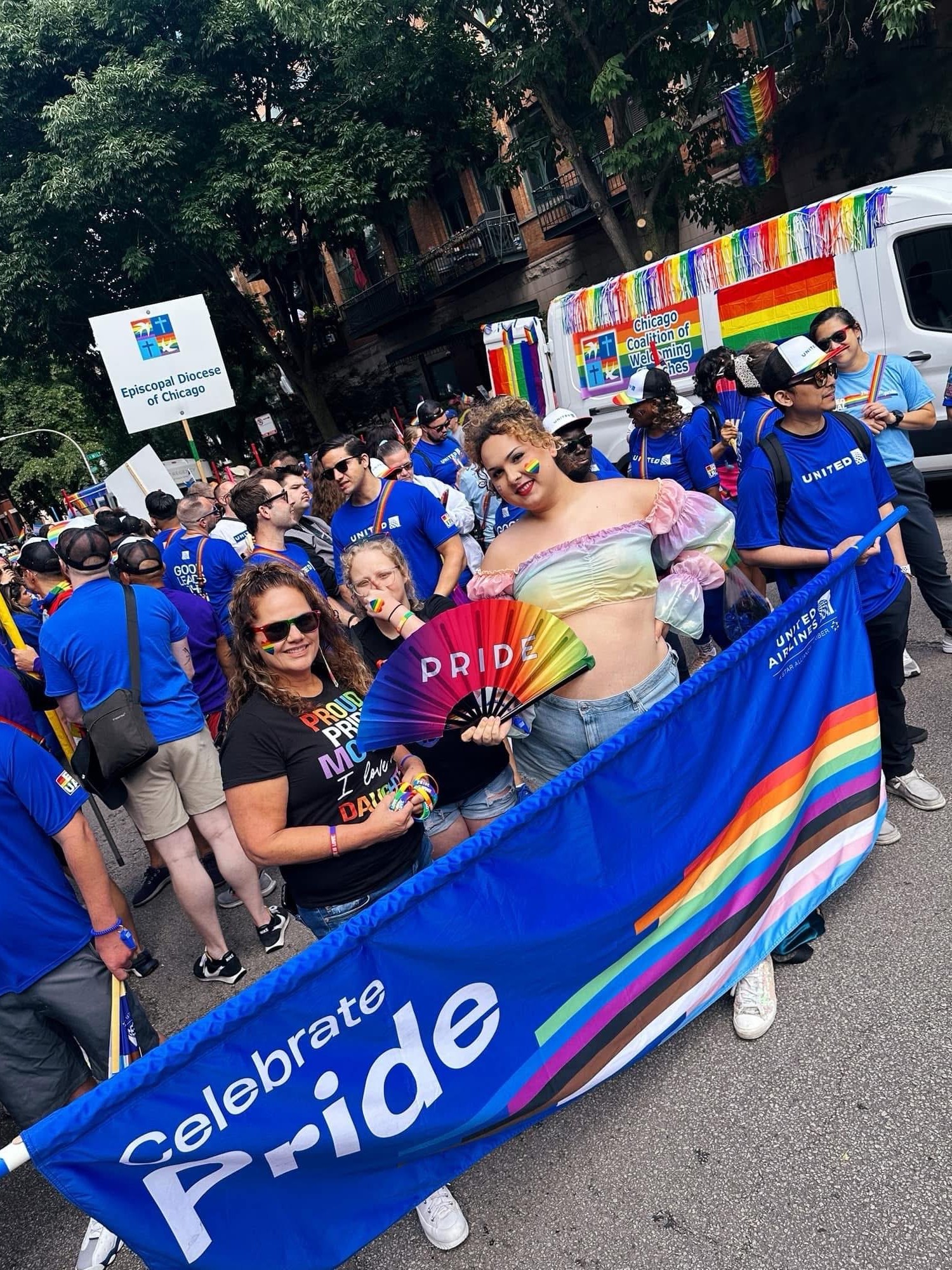 Chasity and friends
Chasity and friends
recent blog posts
February 24, 2026 | Michail Takach
February 21, 2026 | Meghan Parsche
February 14, 2026 | Michail Takach
The concept for this web site was envisioned by Don Schwamb in 2003, and over the next 15 years, he was the sole researcher, programmer and primary contributor, bearing all costs for hosting the web site personally.
